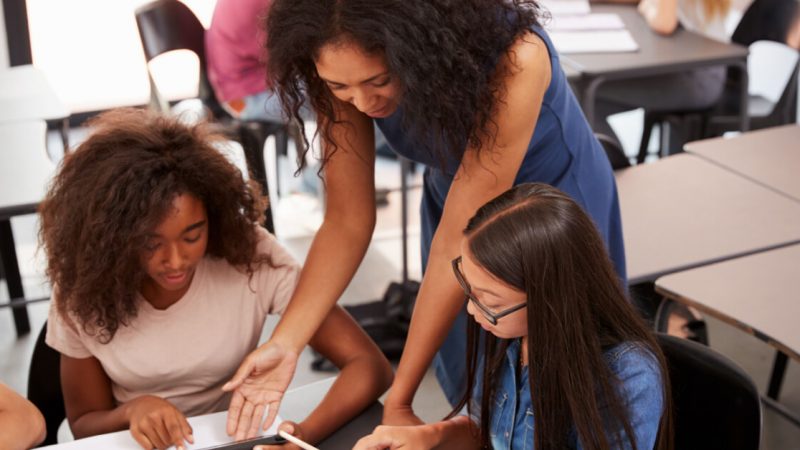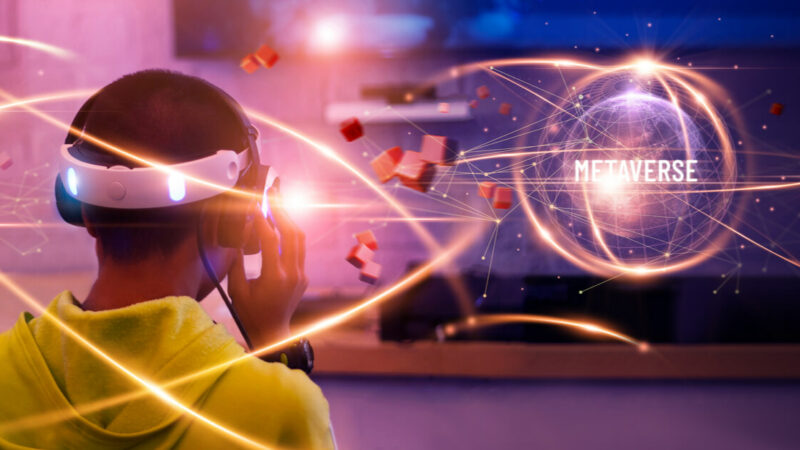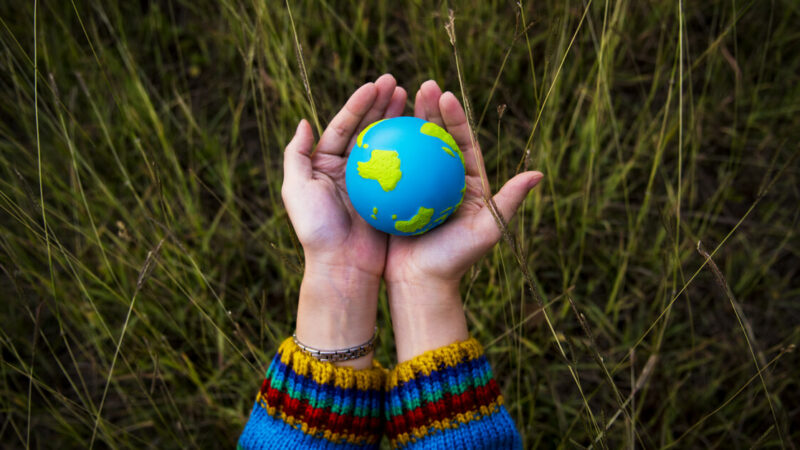February 13, 2023 Anthony Brandt and David Eagleman, in their book, Runaway Species: How Human Creativity Remakes the World, offer a three-part framework for understanding how novel things are created.
February 9, 2023 (This article is republished from ET Magazine, Volume 1, Issue 2) The mention of technology and the classroom evokes pandemic-era remote learning, disengaged human interaction and unequal
January 25, 2023 ChatGPT calls on Humanities teachers to dig even deeper into what is already our core purpose—celebrating humanity … even in a tech-centric world. ChatGPT challenges us to
January 16, 2023 At my last dentist appointment, the hygienist did a couple of novel things: she cleaned my teeth differently—with air and water—and she also checked my blood pressure.
January 5, 2023 Like most students over the past 100 or so years, I learned to write essays by rote repetition of the lifeless five-paragraph formula: introduction leading to a
January 4, 2023 Artificial Intelligence (AI) is making a lot of news with sites and services like GPT-3, Open AI, ChatGPT, Lensa, and DALL-E. These tools can respond to questions,
December 8, 2022 AI Proof Skills The purpose of education is to prepare our children for the future, yet, the future is moving faster than ever and we need to
April 28, 2022 Recently I have been rethinking the idea of how we teach students to prepare them for the future. When I ask questions surrounding what they need in
March 22, 2022 Chapter I This is the first installment of a longer series, a long conversation. It builds on the idea that there is no one future of education
The first thing you’ll notice about this article is a new vocabulary. That suggests that these technologies represent a fundamental change in the way we view transactions, credentials, and intellectual











